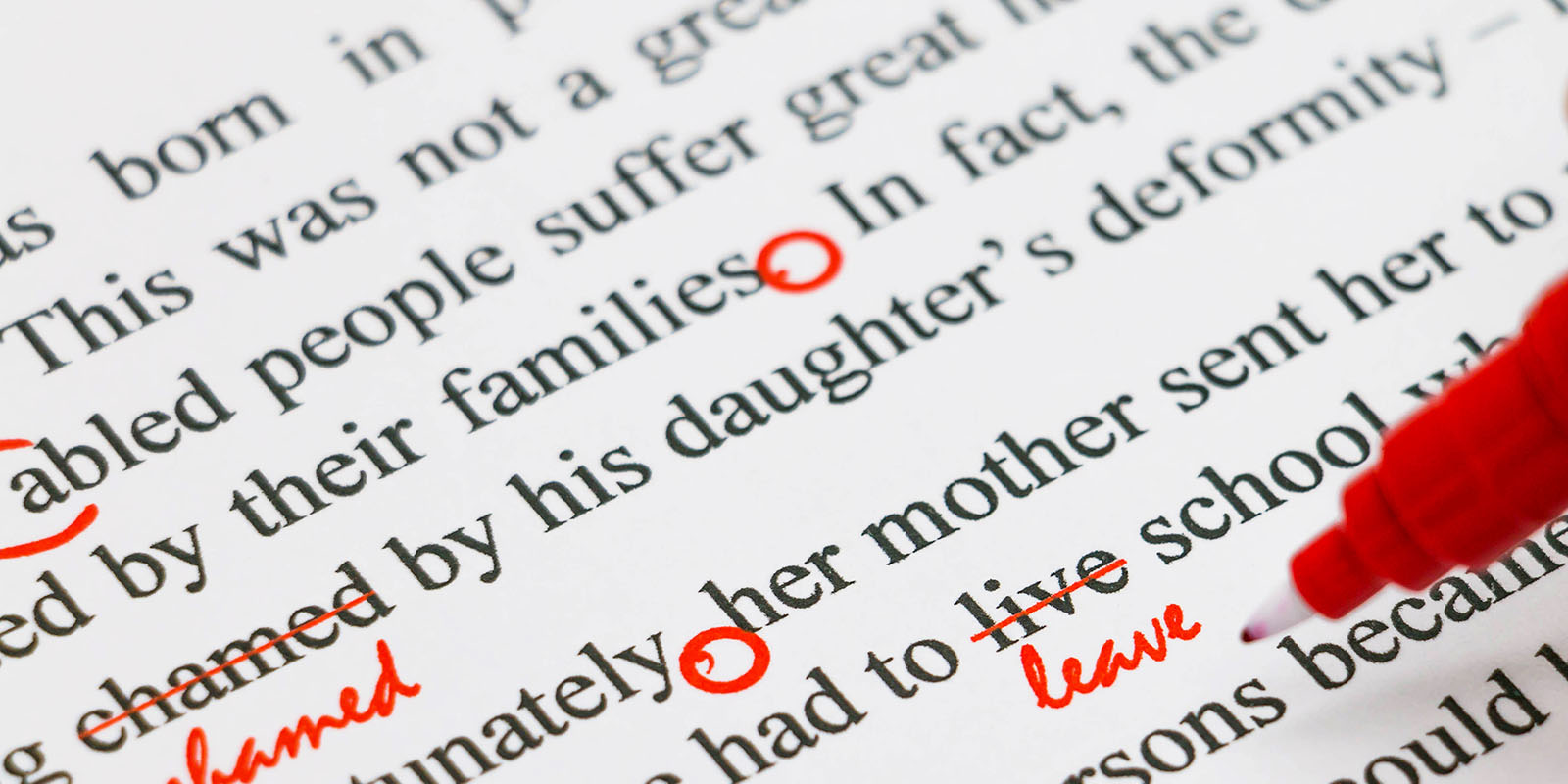In order to help pupils develop their employability skills, teachers should always be thinking about how to integrate careers advice into the curriculum. However, this is easier said than done…
Thankfully, the research and training charity IGD has a number of free activities available as part of its Educator Hub, which should make it easier to teach pupils about the realities of work, even if your curriculum is becoming increasingly congested.










